4 min read
•Creating a circular economy on Mars
- ExxonMobil and Junior Achievement (JA) Europe jointly host the Sci-Tech Challenge every year.
- The competition gives students the opportunity to apply their STEM skills to thought-provoking issues.
- This year, they explored creative waste management solutions fit for a colony on Mars.
4 min read
•Navigate to:
Article was originally published October 7, 2022.
Inspiring younger generations to pursue STEM (science, technology, engineering and mathematics) is essential to nurturing the innovation needed to address society’s key challenges. ExxonMobil is built on STEM skills and we’re deeply committed to supporting training and education across these fields.
Part of this commitment is co-hosting the annual Sci-Tech Challenge with JA Europe – the largest non-profit in Europe focused on preparing young people for employment and entrepreneurship. Now in its 13th year, the competition provides a forum for students aged 15–18 to apply their STEM skills to solve interesting problems.
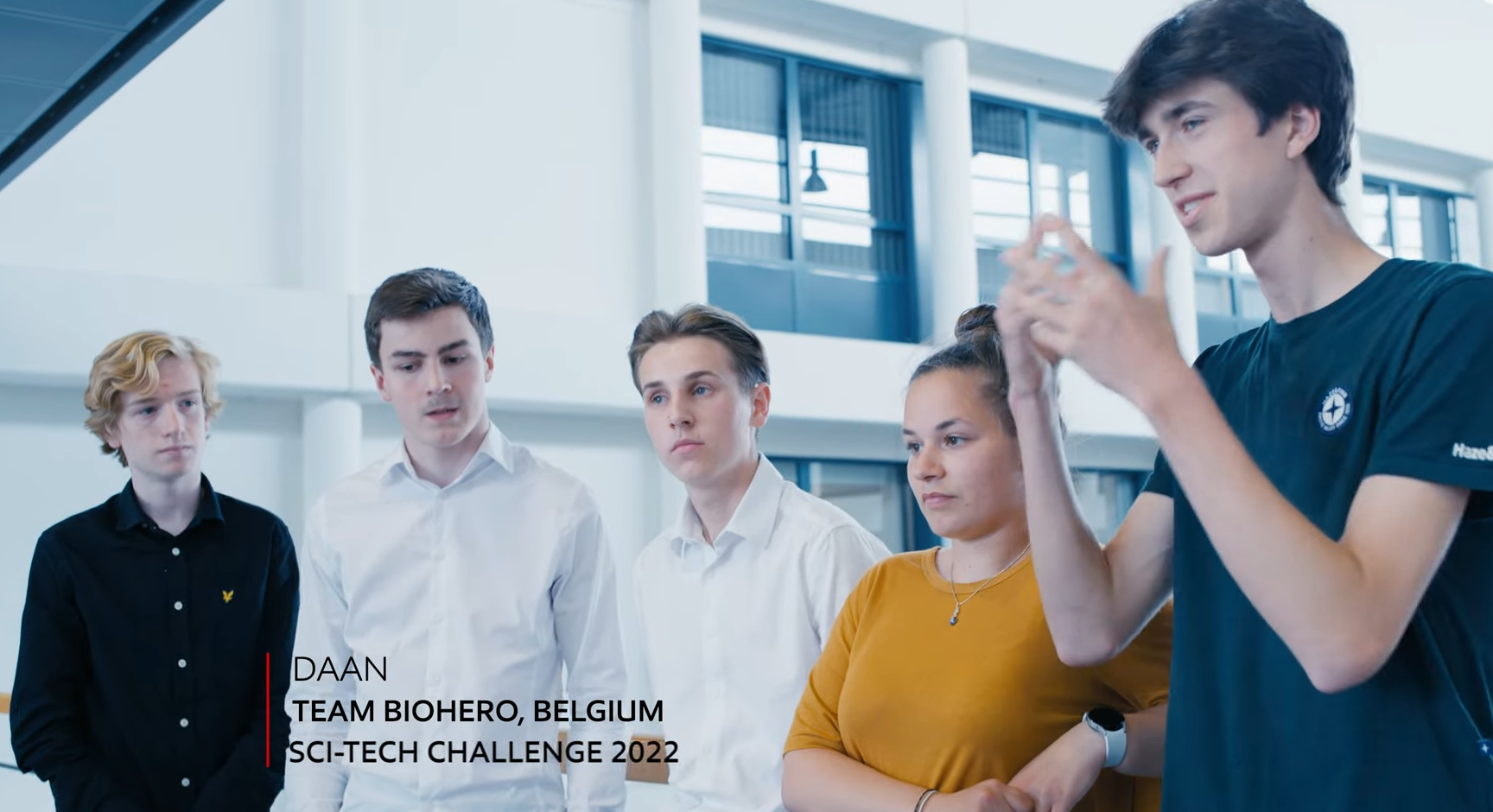
For the 2022 Sci-Tech Challenge, students were asked to develop a concept for a circular economy on Mars. The task focused on creating a product or service to manage the waste generated by a potential future colony on the red planet. Teams from six European countries took part: Belgium, Cyprus, the Czech Republic, Hungary, Italy and the Netherlands – with this year marking the first time Hungary competed.
The jury, which included representatives from ExxonMobil and JA Europe, was impressed by the students’ ideas, ingenuity and hard work. “Such bright, enthusiastic presentations are amazing,” said Philippe Ducom, President of ExxonMobil Europe. “Students come and address major potential challenges, and they come back with great ideas that are worth exploring.”
The winning team was Space Ducks from the Czech Republic, whose solution was praised by the jury for its innovation, social responsibility and use of different technologies. Their idea involved collecting debris from previous space missions that remain in the orbits around Earth and Mars– reducing waste and making space travel safer.
“It’s about following your ideas,” said Azzurra of the Space Ducks, “and not using the ideas of the past – because there’s a reason they were in the past – and trying to develop ideas for the future.”
Sign up to our Energy Factor Europe newsletter to learn more about our commitment to STEM education.
Latest news and information about the European region
Explore more
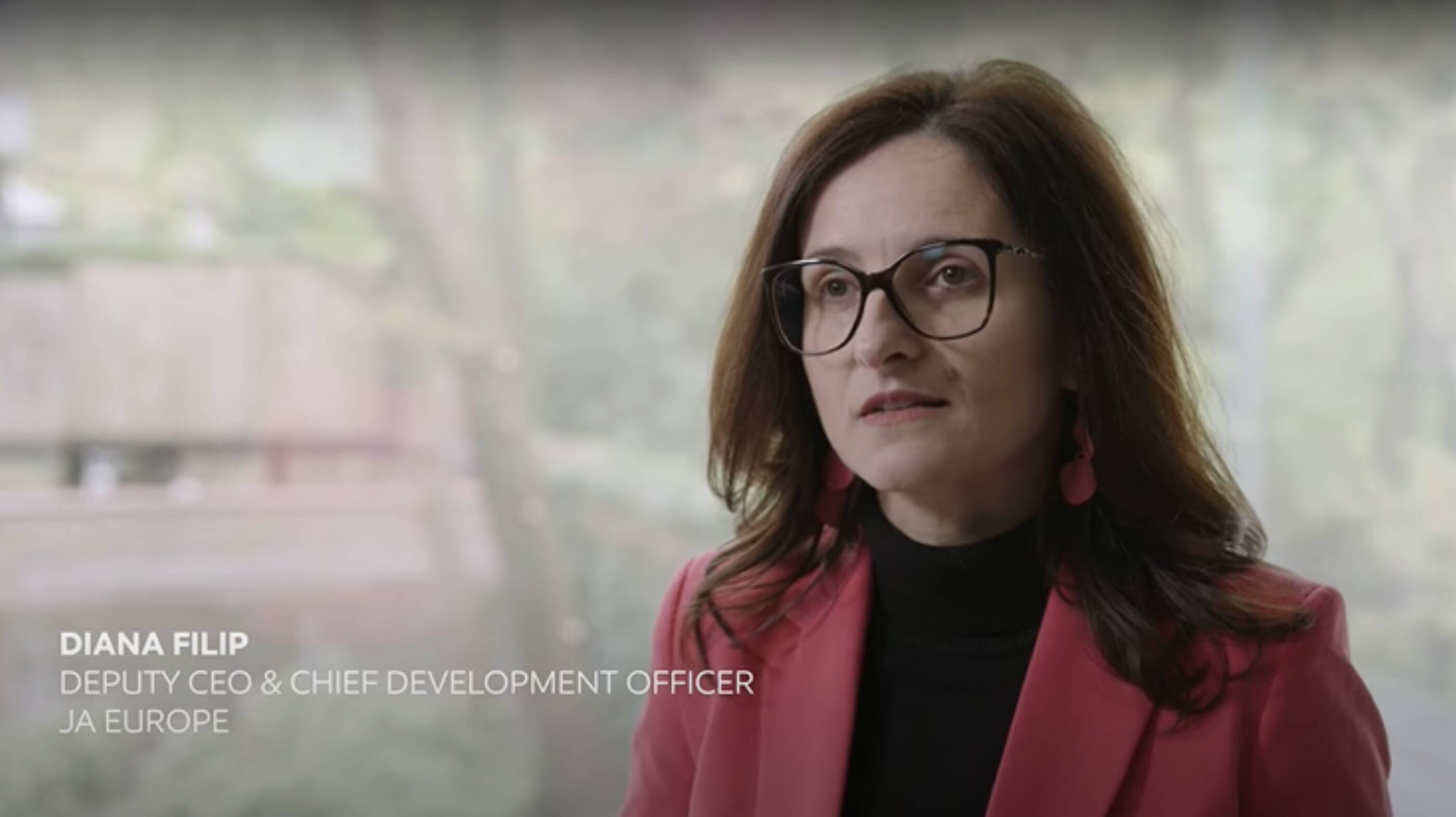
The students using STEM to enable the energy transition
2 min read
•
Have these STEM students found the solution to big-city traffic?
3 min read
•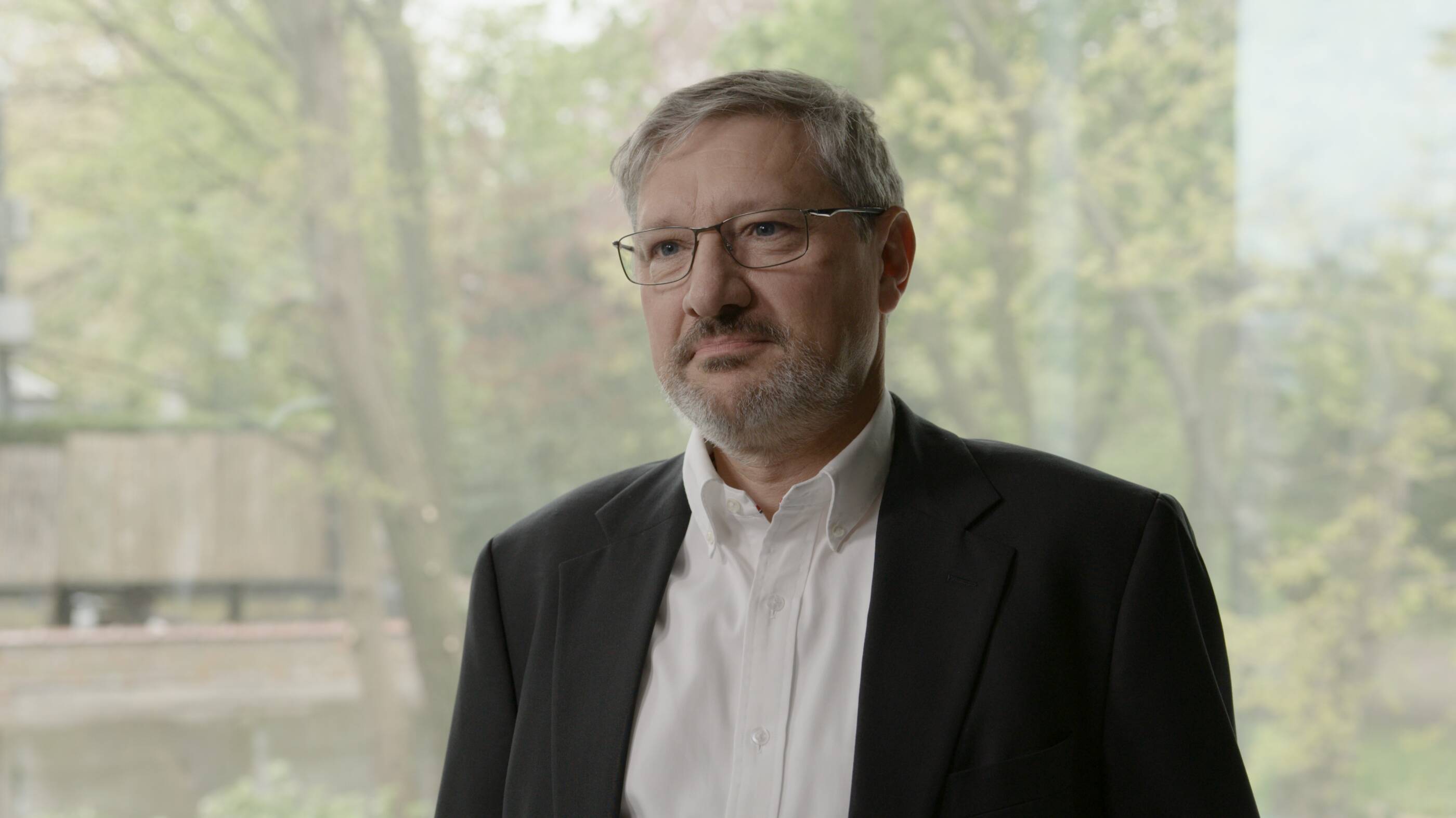
Supporting STEM: Celebrating 15 years of the Sci-Tech Challenge
3 min read
•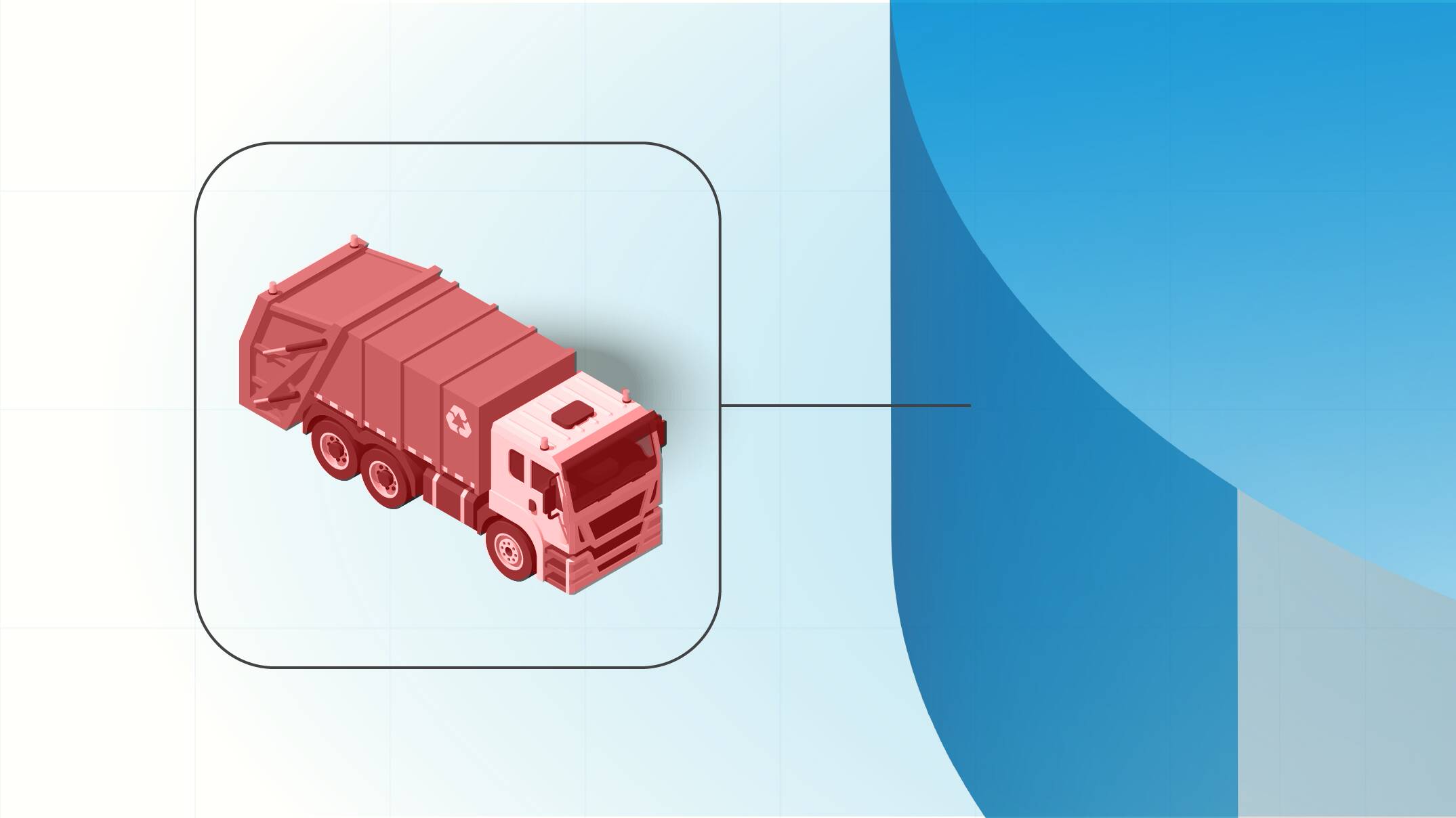
Addressing plastic waste with chemical recycling
2 min read
•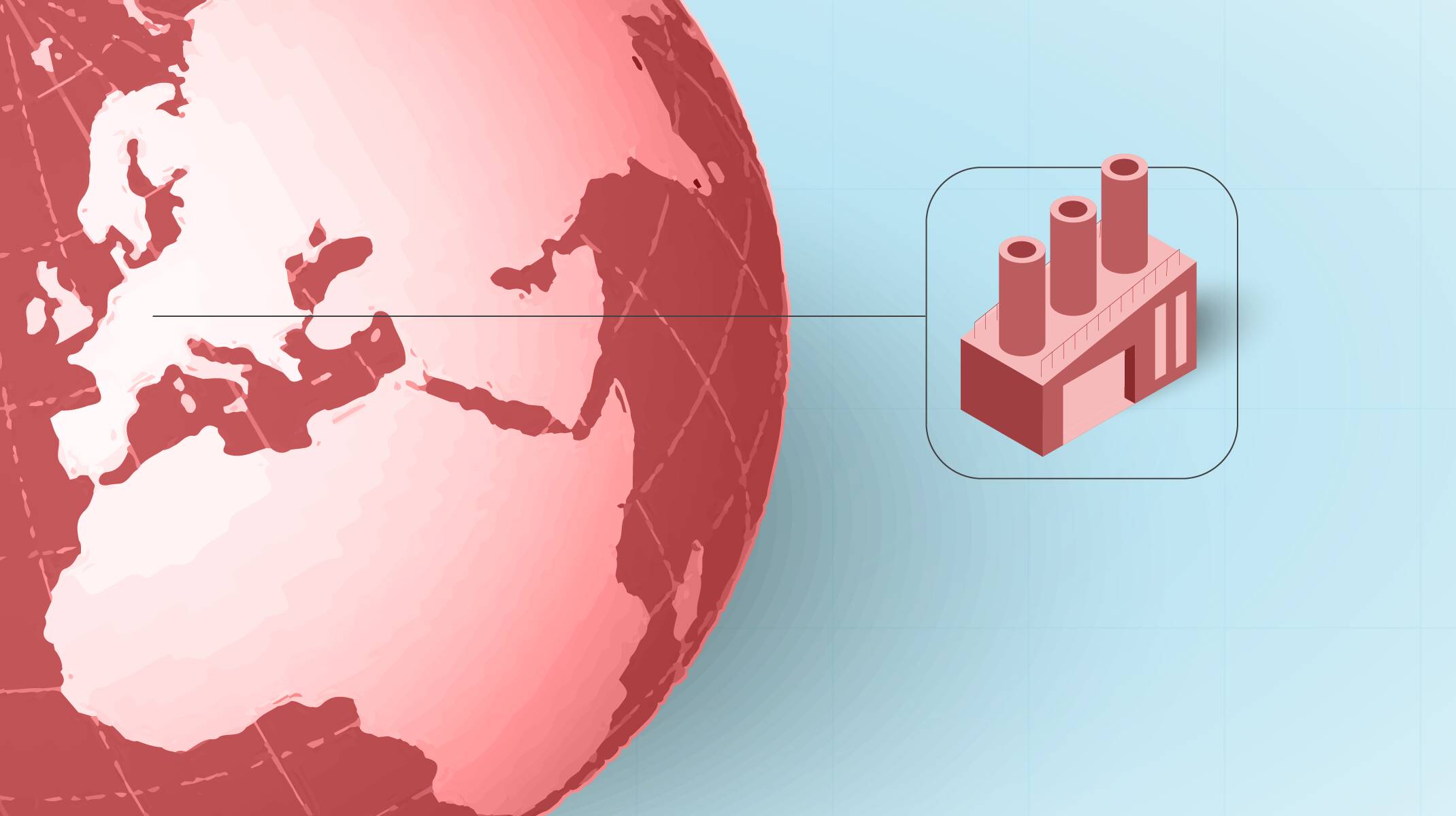
How we're supporting chemical recycling
3 min read
•
